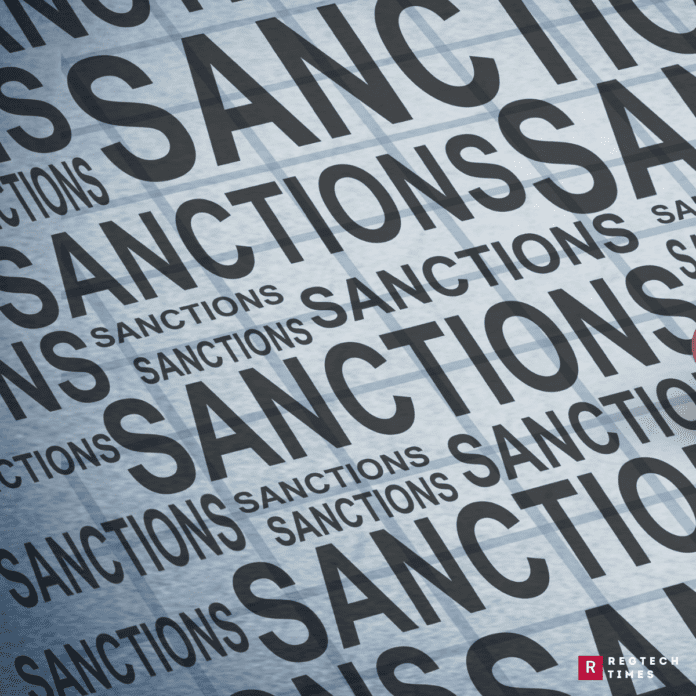In a time when human rights advocacy and the battle against corruption are more closely related than ever, the Global Magnitsky Human Rights Accountability Act serves as a symbol of America’s dedication to these fundamental principles. The Act, which bears the name of Russian lawyer Sergei Magnitsky, who exposed a large-scale tax fraud involving Russian officials and was arrested, tortured, and killed in a Moscow prison, gives the U.S. government the authority to impose sanctions on foreign people and organizations that seriously violate human rights or engage in corruption.
This legislative weapon is a powerful tool in the worldwide battle to defend human dignity and the rule of law, as well as a symbol of opposition to impunity.
A Global Magnitsky Act Reach Against Corruption and Human Rights Abuses
Since the Act’s introduction, offenders from all over the world have been the focus of a wide range of punishments. The number of foreign nationals sanctioned by the U.S. administration in 2023 was 78, increasing the total since 2017 to over 650. This campaign demonstrates a strong opposition to individuals who attempt to subvert the fundamental principles of justice and equality through corruption or breaches of human rights.
Afghanistan: Education and Corruption
People like Khalid Hanafi and Fariduddin Mahmood were sanctioned in Afghanistan for their separate roles in severely violating human rights and limiting women’s and girls’ access to education. The United States’ dedication to gender equality and the fundamental human right to education is demonstrated by this move.
Bulgaria: Energy Corruption
The cases of Rumen Stoyanov Ovcharov, Aleksandar Hristov Nikolov, and Ivan Kirov Genov from Bulgaria show how corruption occurs when authorities enter into dishonest energy contracts with Russian businesses and then receive bribes for fixed-price contracts.
China: Rights Abuses in Xinjiang
The U.S.’s concern about the treatment of Uyghurs and other minority groups is highlighted by sanctions against Chinese officials like Gao Qi and Hu Lianhe for grave violations of human rights in Xinjiang, underscoring the international need for respect for human rights.
Guatemala and Haiti: Political Corruption and Gang Violence
The Global Magnitsky Act addresses a wide range of issues, as evidenced by Luis Miguel Martinez Morales’s manipulation of the government contracts process in Guatemala for personal gain and the sanctioning of individuals involved in human rights abuses, including gang violence, in Haiti.
Paraguay: Political Influence and Corruption
Horacio Manuel Cartes Jara and other Paraguayan officials have been designated for extensive corruption committed prior to, during, and following their administration. This serves as an example of how political authority may be abused for one’s own benefit and to the detriment of democracy.
Russia: Oppression of Dissent
The U.S.’s stand against the repression of political dissent and free expression is demonstrated in Russia by steps taken against those accountable for grave violations of human rights against opposition activists such as Vladimir Kara-Murza.
The Broader Implications of Sanctions
These acts have important symbolic and practical ramifications that extend beyond their immediate effects on the persons and companies who have been sanctioned. They function as a warning to others that the world community is aware of and prepared to take action against corruption and violations of human rights, discouraging others from engaging in similar behaviour. Furthermore, these restrictions severely hinder these actors’ capacity to operate by blocking access to the global financial system, freezing assets, and forbidding dealings with Americans.
These penalties also highlight how crucial international collaboration is in resolving global concerns. In order to maximize the impact of these sanctions and present a unified front against corruption and violations of human rights, the United States frequently coordinates these measures with allies and partners. This cooperative strategy not only increases the impact of the sanctions but also promotes a more unified global position on these important issues.
One important weapon in the international struggle against corruption and violations of human rights is the Global Magnitsky Act. The United States not only upholds the principles of justice and human dignity by holding people and organizations responsible, but it also helps to build a more secure and equitable global order. The Act will surely continue to play a crucial role in encouraging responsibility and discouraging wrongdoing as long as the world struggles to address these issues.


